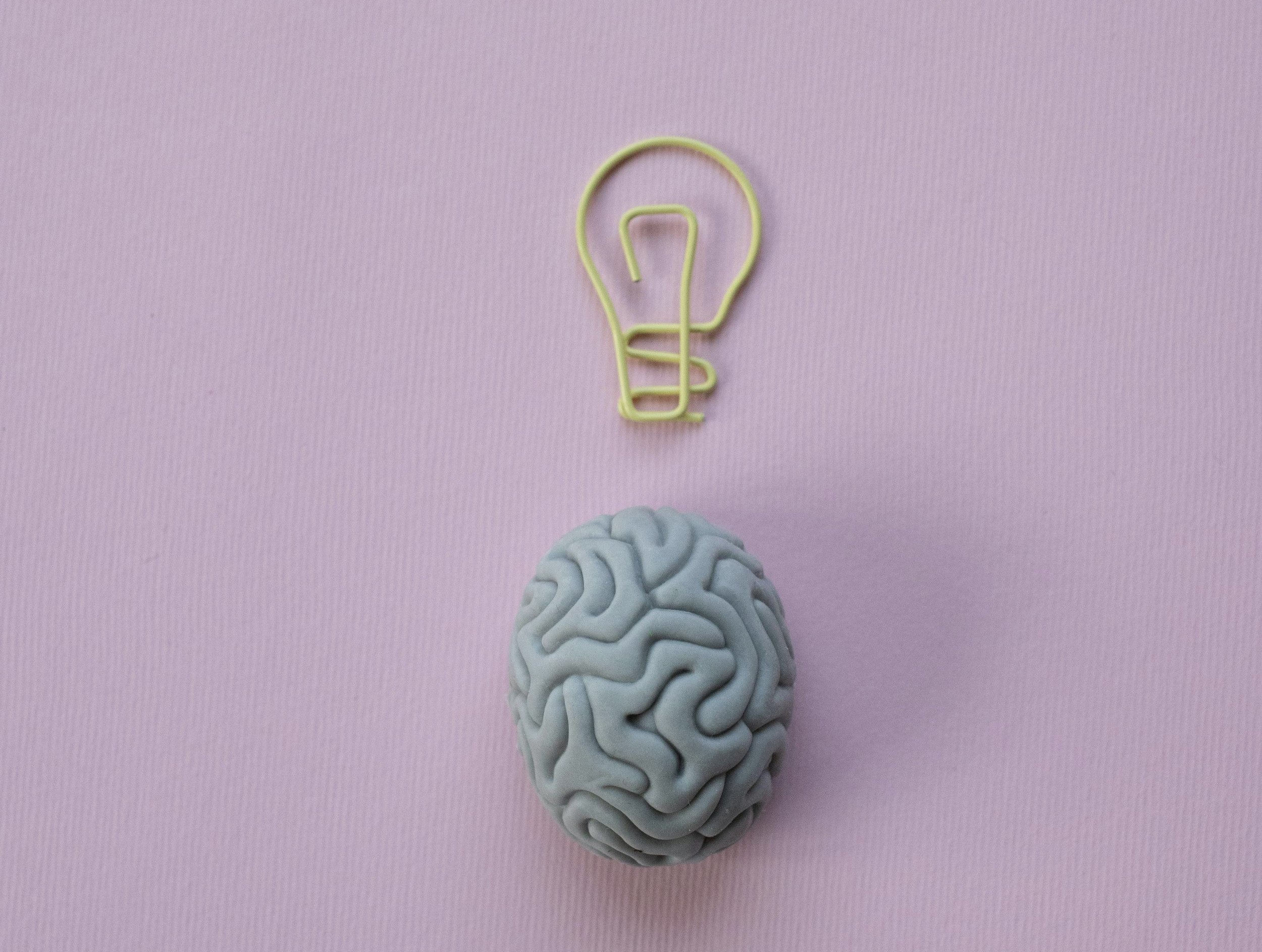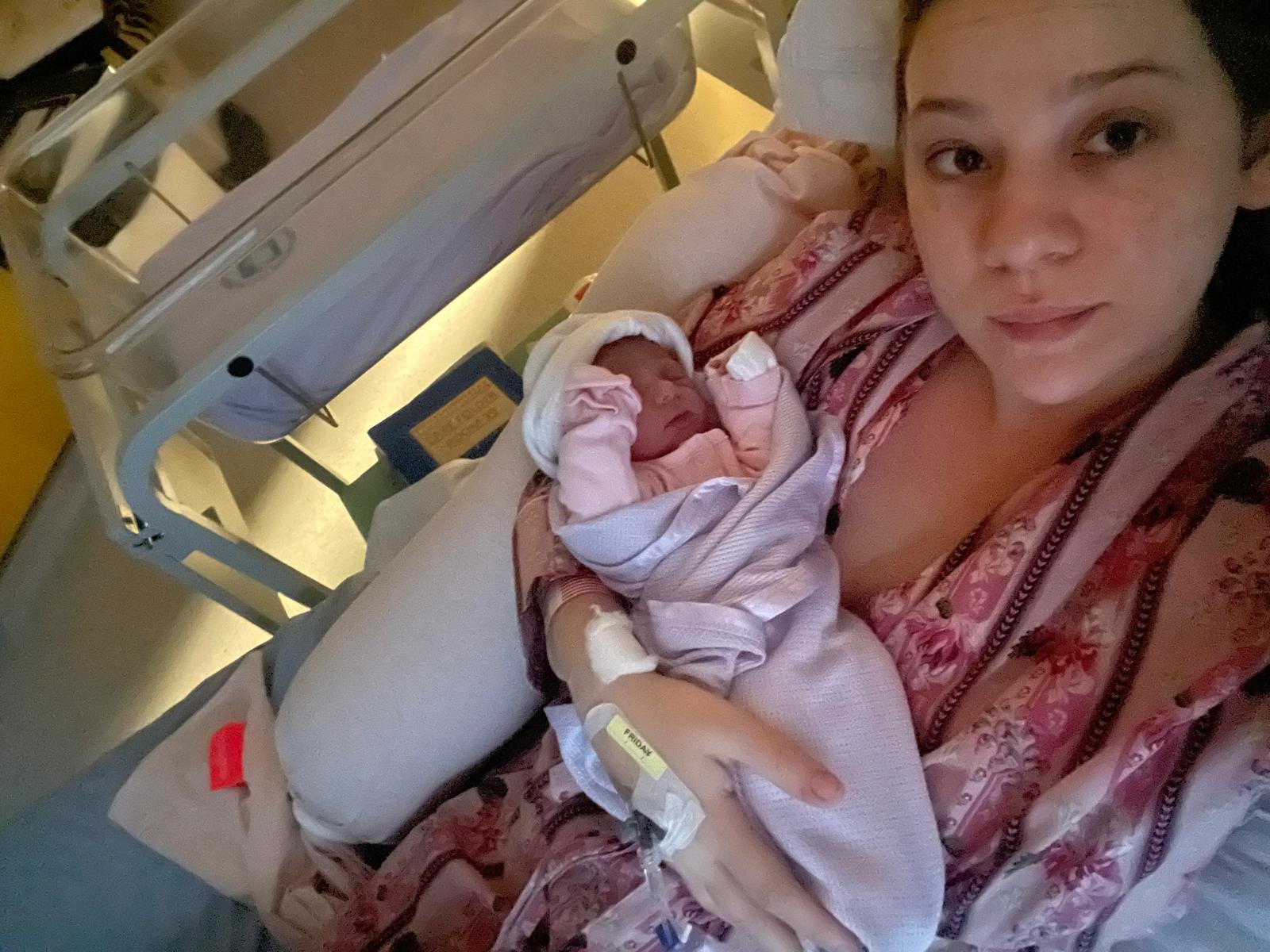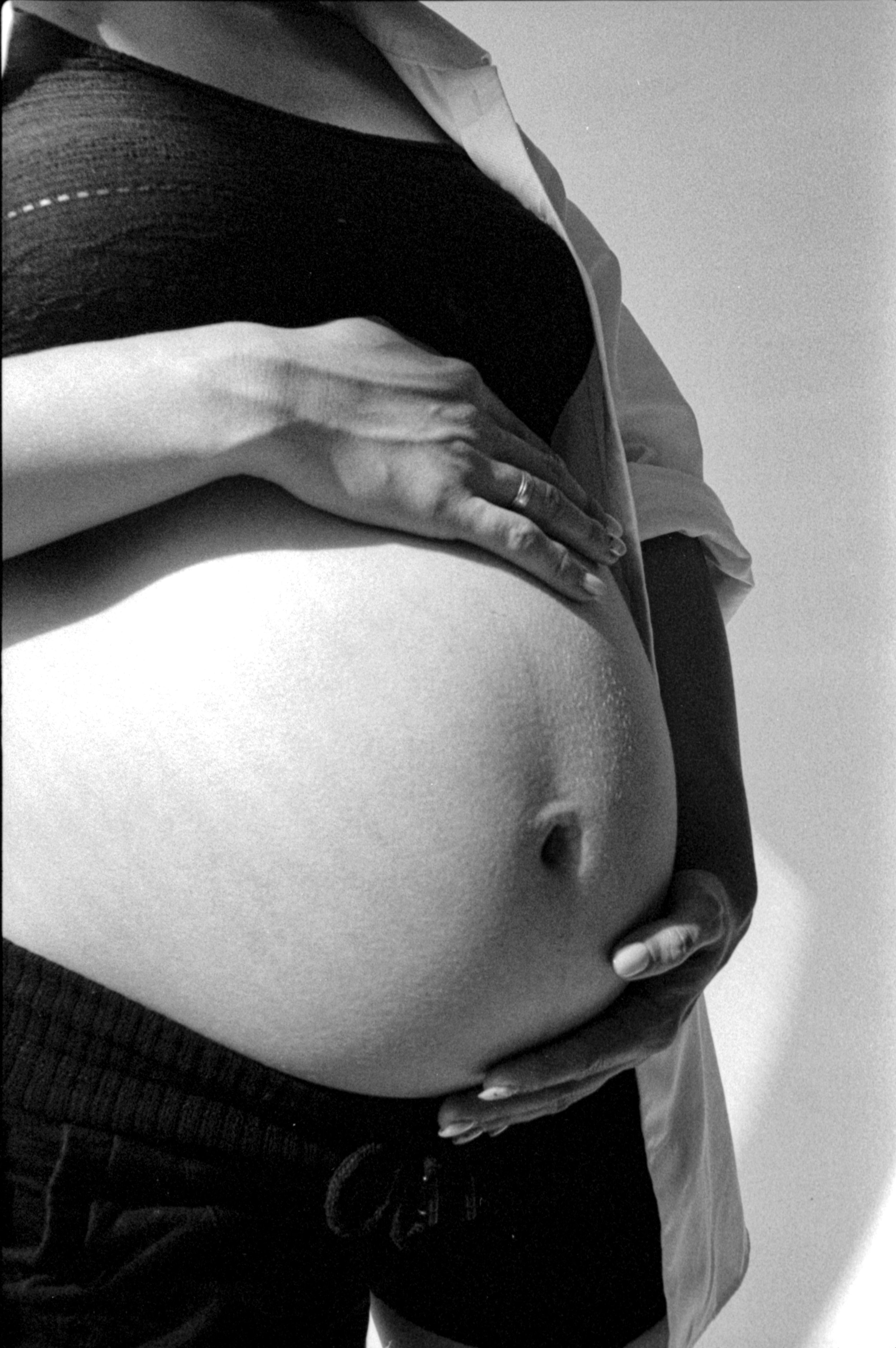
The Cortisol Curve: Stress Regulation and Adrenal Fatigue in New Mothers
Motherhood is beautiful—but it’s also biologically intense. Behind the midnight feeds and nappy changes, your body is managing something monumental: cortisol regulation. This essential hormone drives your ability to cope, adapt, and recover—yet for many new mothers, the cortisol curve gets disrupted. The result? Burnout, overwhelm, and in some cases, adrenal fatigue.

Neuroplasticity & Motherhood: How Your Brain Rewires Postpartum
Becoming a mother doesn’t just change your lifestyle—it quite literally reshapes your brain. Thanks to a powerful phenomenon called neuroplasticity, the postpartum period is marked by fascinating changes in neural structure and function. But what does this mean for your day-to-day life as a new mum?

Nutrient Partitioning in Pregnancy: Why Your Body Feeds Baby First
Pregnancy is often described as miraculous — and when you look at how the body manages nutrients, it’s not hard to see why.
From the moment of implantation, your body begins a process called nutrient partitioning. It’s a biological strategy that ensures your baby gets the nutrients they need to grow, often even at your own expense.

Pregnancy Hormones: What’s Flooding Your Body (and Why)
Pregnancy is a time of astonishing transformation. Physically, emotionally, and mentally, your body becomes the setting for one of life’s greatest feats—creating and nurturing new life. But behind every physical change, every emotional wave, and every flutter of new sensation, there’s a powerful hormonal symphony playing just beneath the surface.

Vitamins & Supplements in Pregnancy: What’s Really Necessary?
Pregnancy comes with a whirlwind of advice – and it’s easy to feel unsure about what’s really essential. When it comes to vitamins and supplements, some are strongly recommended because they directly support your baby’s healthy development and your own wellbeing.

Delayed Cord Clamping: Benefits, 'Wait Until White', and NHS Guidance
Delayed cord clamping (DCC) is an evidence-based birth practice where the umbilical cord is not clamped immediately after delivery. Instead, healthcare professionals wait for at least one minute—or until the cord turns white and stops pulsating—before clamping. Supported by NHS and NICE guidance, DCC is increasingly standard in UK maternity care for its benefits to both term and preterm infants.

Understanding the Physiology of Labour: What to Expect
Pregnancy is a time of change—and with change can come anxiety, excitement, and uncertainty. Whether you're attending antenatal education in Tunbridge Wells or preparing from home with online antenatal classes, incorporating mindful breathing into your daily routine can offer a powerful anchor through it all.

The Benefits of Mindful Breathing in Pregnancy
Pregnancy is a time of change—and with change can come anxiety, excitement, and uncertainty. Whether you're attending antenatal education in Tunbridge Wells or preparing from home with online antenatal classes, incorporating mindful breathing into your daily routine can offer a powerful anchor through it all.

Why Iron Matters in the Third Trimester
As your baby grows rapidly in the final months, your blood volume expands by as much as 50%. This physiological shift helps deliver oxygen and nutrients through the placenta. But it also means your body needs significantly more iron — to produce enough haemoglobin to support both you and your baby.

Your First Antenatal Appointment: What to Expect
The first antenatal appointment—often called the booking appointment—typically happens between 8 and 10 weeks pregnant. It’s your official entry into maternity care and helps build the foundation for a healthy pregnancy.

Healing After Birth: A Guide to Perineal Care & Abdominal Birth Recovery
Bringing a baby into the world is an incredible experience, but your body also goes through significant changes and challenges. Whether you’ve had a vaginal birth with perineal tearing or an episiotomy, or a caesarean delivery, your body needs time, rest, and the right care to recover fully.

Hospital Bag Checklist: What You Really Need
Packing your hospital bag is one of the most exciting steps in preparing for birth. Whether you're planning a vaginal birth or a caesarean, having everything you need packed and ready by week 36-37 can help you feel organised and relaxed.

My Birth Story: Navigating a High-Risk Pregnancy and Preterm Labour
Bringing my second child into the world was a journey filled with unexpected challenges, emotional highs and lows, and ultimately, the deep satisfaction of overcoming adversity. My pregnancy was far from straightforward—marked by early complications, hospital stays, and a tough postpartum period—but it was also the experience that strengthened my passion for helping other women navigate pregnancy, birth, and beyond.

Embracing Emotional, Social, and Medical Well-being in the Third Trimester
The third trimester is a time of immense transformation, not only physically but also emotionally, socially, and medically. As your body prepares for the arrival of your baby, it’s crucial to prioritise holistic health to navigate these changes with confidence and joy. While much focus is placed on emotional and social aspects, understanding the medical considerations during this phase is equally important. Here, we explore strategies to nurture these dimensions of health as you prepare for childbirth and beyond.

Understanding Braxton Hicks Contractions: What to Expect in the Third Trimester
As you journey through the third trimester, your body begins preparing for the arrival of your baby in remarkable ways. One of the most common – and sometimes confusing – experiences is Braxton Hicks contractions. These "practice contractions" can catch you off guard, but understanding them can make this part of pregnancy less daunting.

Physiological and Psychological Changes in the Third Trimester
The third trimester of pregnancy, typically spanning weeks 28 to 40, is a remarkable period of transformation as the body prepares for childbirth. This phase is characterised by significant physiological and psychological changes that are essential for the baby’s development and the mother’s readiness for labour. Understanding these changes can help expectant mothers navigate the challenges and celebrate the incredible process of creating life.

Why Self-Care and Investing in Yourself Matters
Self-care isn’t just a trendy phrase; it’s essential. It’s not about being selfish or indulgent—it’s about keeping myself sane, healthy, and happy so I can be the best version of me for my kids, my partner, and myself. And honestly? It’s been a game-changer. Here’s why I’ve started prioritising myself and why I believe you should too.

Bumps, Babies, and Baubles: Navigating Christmas and the Holidays While Pregnant or Postpartum
The festive season is a time for joy, connection, and celebration, but when you’re pregnant or navigating postpartum life, it can also come with unique challenges. Whether you’re adjusting to your growing bump or managing the early days of parenthood, here’s how to embrace the magic of the holidays while prioritising your health and well-being.

Reframing Pain in Birth: Understanding Its Physiological Importance
Pain is often one of the most feared aspects of childbirth, but what if we reframed it as a vital and purposeful part of the birthing process? From a physiological perspective, pain in labour plays a critical role in guiding the body, releasing essential hormones, and preparing both mother and baby for birth. By understanding why pain occurs and how it supports the birthing process, we can shift our perception from fear to empowerment.

Why Hypnobirthing Is Beneficial for Labour, Birth, and Beyond
One of the most common misconceptions about hypnobirthing is that it’s only for vaginal, unmedicated births. That couldn’t be further from the truth. Whether your birth is vaginal, abdominal (caesarean), induced, or highly medicalised, hypnobirthing techniques can make the experience more positive and empowering.

